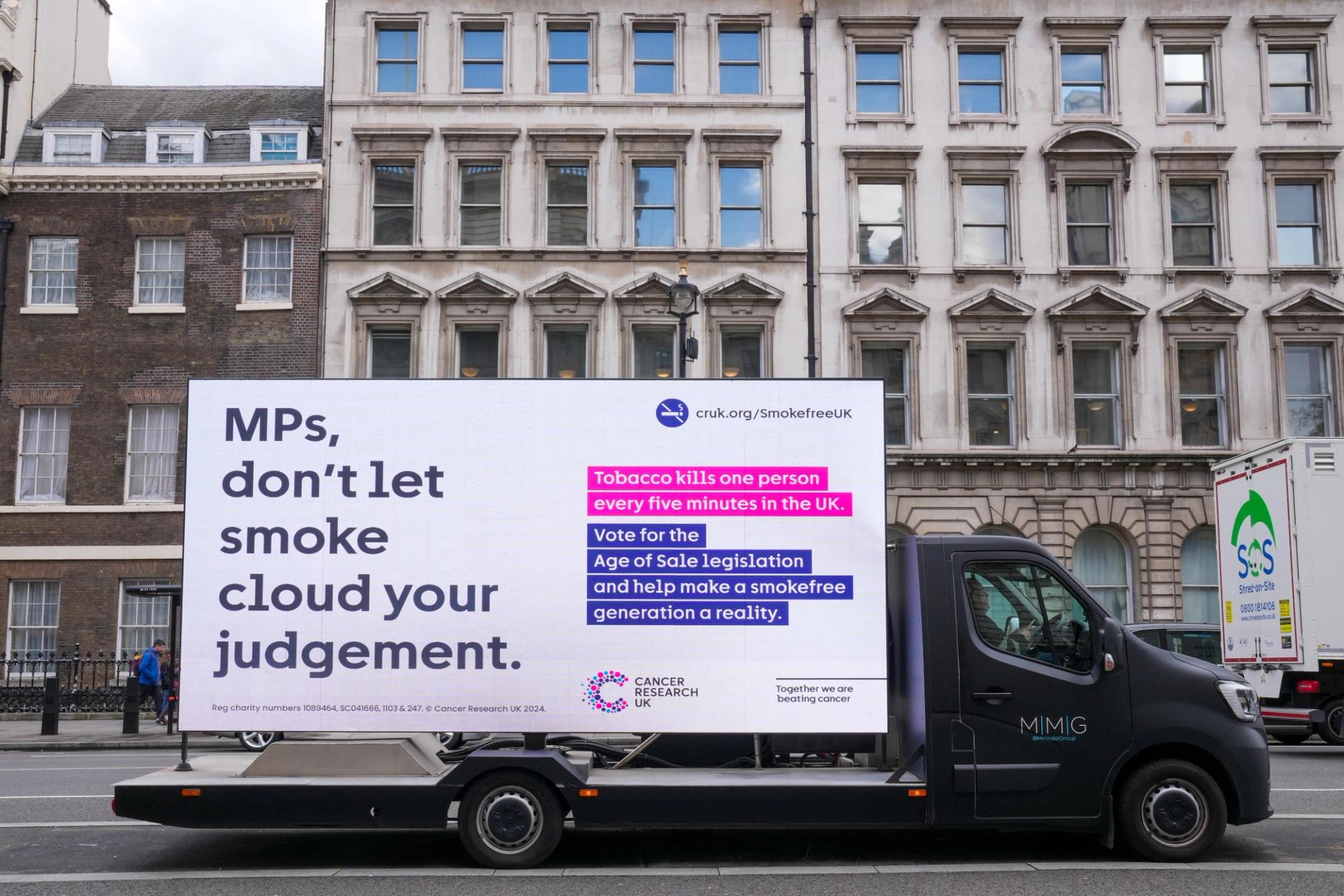The News
The U.K. moved a step closer to a smoking ban for younger generations after a bill to make tobacco sales for people born after 2009 illegal cleared a first parliamentary vote.
The landmark ban, first proposed by British Prime Minister Rishi Sunak last year, would bar people who are currently 15-years-old or younger from ever buying cigarettes. It has faced pushback from many members of the Conservative Party but been supported by the opposition Labour Party, which is expected to win the next general election, along with health experts.
SIGNALS
Conservative Party members oppose legislation
Many in Sunak’s Conservative Party, including key members of his cabinet, oppose the reform, arguing that it represents a government overstep. More than 100 Tories abstained from voting on the bill on Tuesday, with 59 voting against it — but the ban enjoys broad support from the Labour Party, which has overwhelmingly voted in favor of the bill. If Sunak’s bill passes, it will be carried to the finish line by opposition politicians, who were told to vote for it, Politico noted. Only one other country — New Zealand — has attempted such a wide-reaching ban on smoking, but its law was scrapped this year by the new coalition government before the legislation was applied.
Critics deride ‘arbitrary’ rule as experts support more measures
Smokers’ advocacy groups have questioned the wisdom of drawing an “arbitrary” line between birth years, given the possible proliferation of illicit tobacco sales in the years ahead if a sales ban is implemented. But the legislation’s goals are to denormalize smoking, rather than ban it outright, experts told the BBC. Increasing the age at which people can access cigarettes lowers smoking rates, a researcher told the broadcaster. Ultimately, smoking prevalence is highest in low-income areas, and experts have advocated for more rules around smoking that could decrease its prevalence in some communities. “It is the poorest and most deprived people in our society who continue to smoke tobacco at the highest rates. Tobacco smoking is an inequalities issue,” addiction expert Caitlin Notley said.

